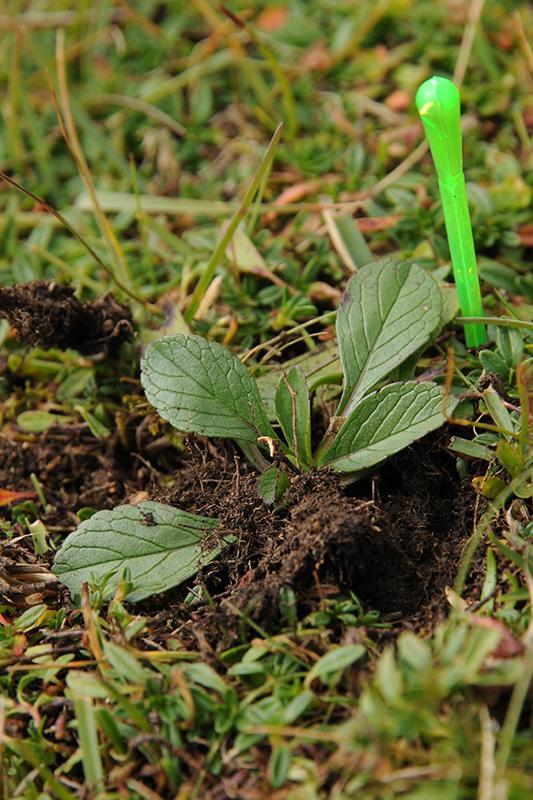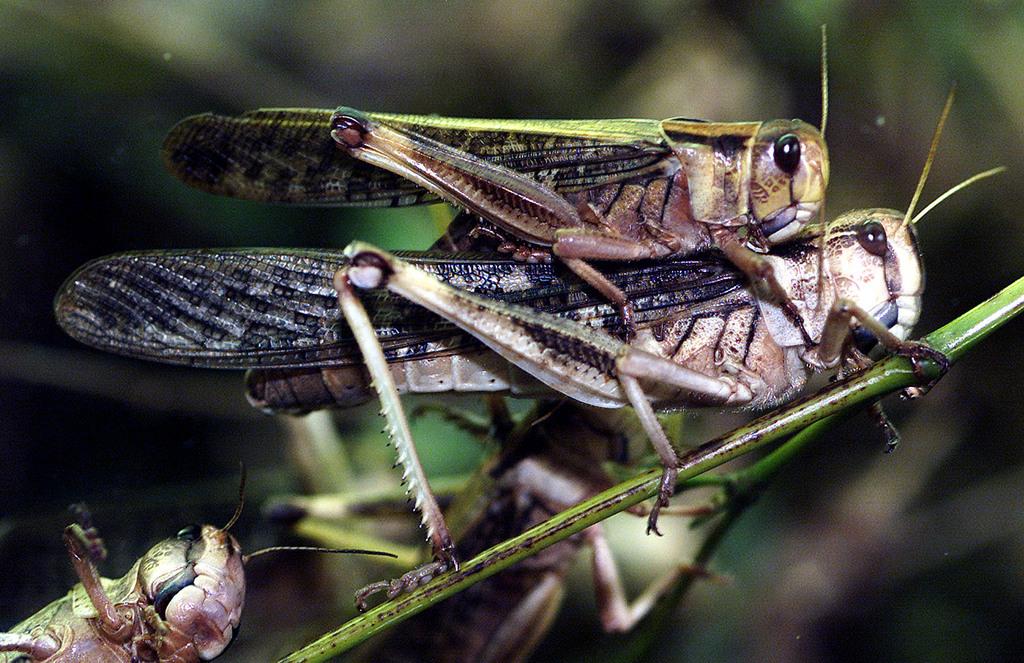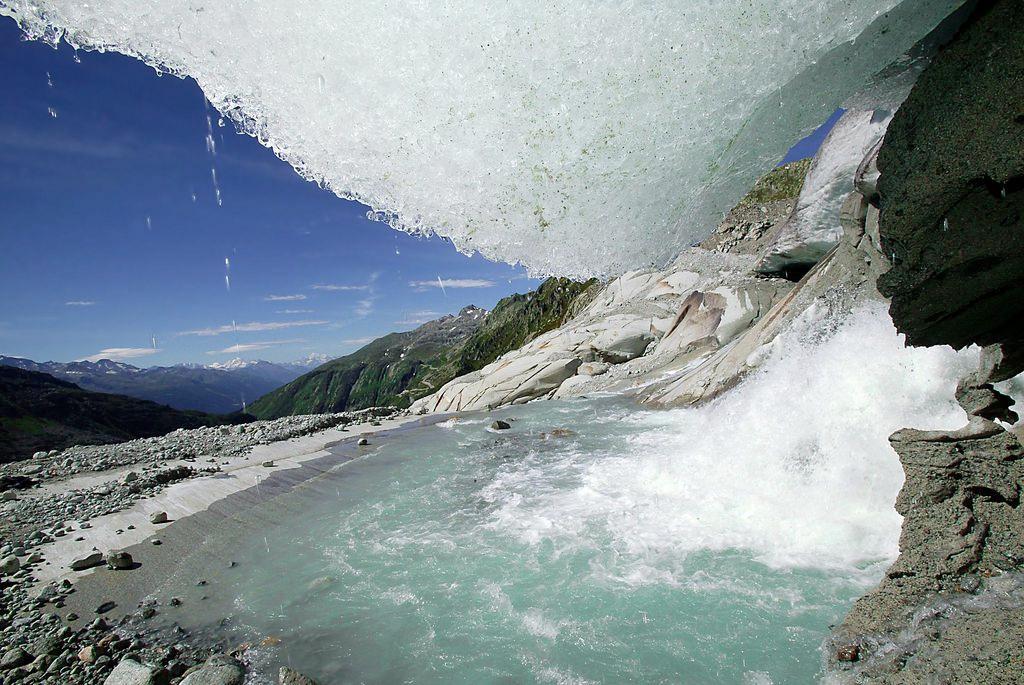For alpine plants, climate change means competition

Researchers from the Swiss federal technology institute ETH Zurich have shown that alpine plants could face not only warmer temperatures, but also deadly competition from unfamiliar species.
In a studyExternal link published Wednesday in the journal Nature, ETH Zurich plant ecologists Jonathan Levine and Jake Alexander transplanted small alpine wildflowers to an altitude 600 metres below their native habitat on the Calanda Mountain in Graubünden.
The move simulated the three-degree temperature increase due to climate change that has been projected for Switzerland over the next 50-100 years.
The results showed that the transplanted species – spring pasqueflower, glossy scabious, alpine kidney vetch and black plantain – were able to cope well enough with the warmer temperature. The hard part was surviving the competition from the unfamiliar plant species that naturally inhabit lower elevations.
When the four species encountered these competitors, the survival rate of the transplants dropped by 50%, and those that did survive struggled to grow and flower.
Future competition
Alexander notes that the study is significant because it highlights how important the indirect effects of competition can be for plants in the context of a changing climate.
“Finding out that it is competition from lower-elevation flora that serves as the decisive effect, and not higher temperatures as previously assumed, is a very valuable discovery,” said Alexander in a statement.
He says this could be partly due to the fact that the higher-altitude species struggle to compete for light with the lower-altitude species, which tend to be taller.
“This is important because it shows that we need to know who plants are competing against if we want to predict their performance and location after climate warming,” Alexander said.

In compliance with the JTI standards
More: SWI swissinfo.ch certified by the Journalism Trust Initiative



You can find an overview of ongoing debates with our journalists here. Please join us!
If you want to start a conversation about a topic raised in this article or want to report factual errors, email us at english@swissinfo.ch.